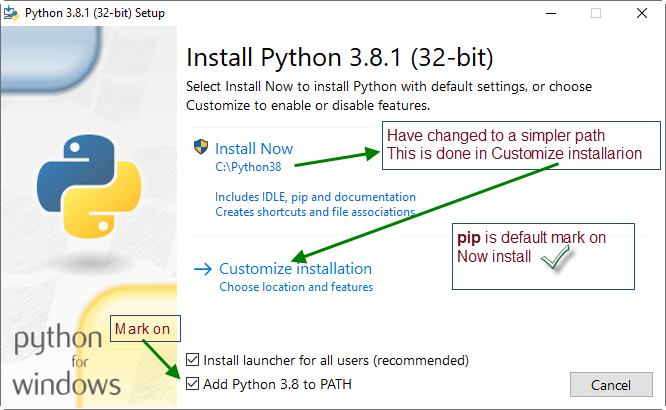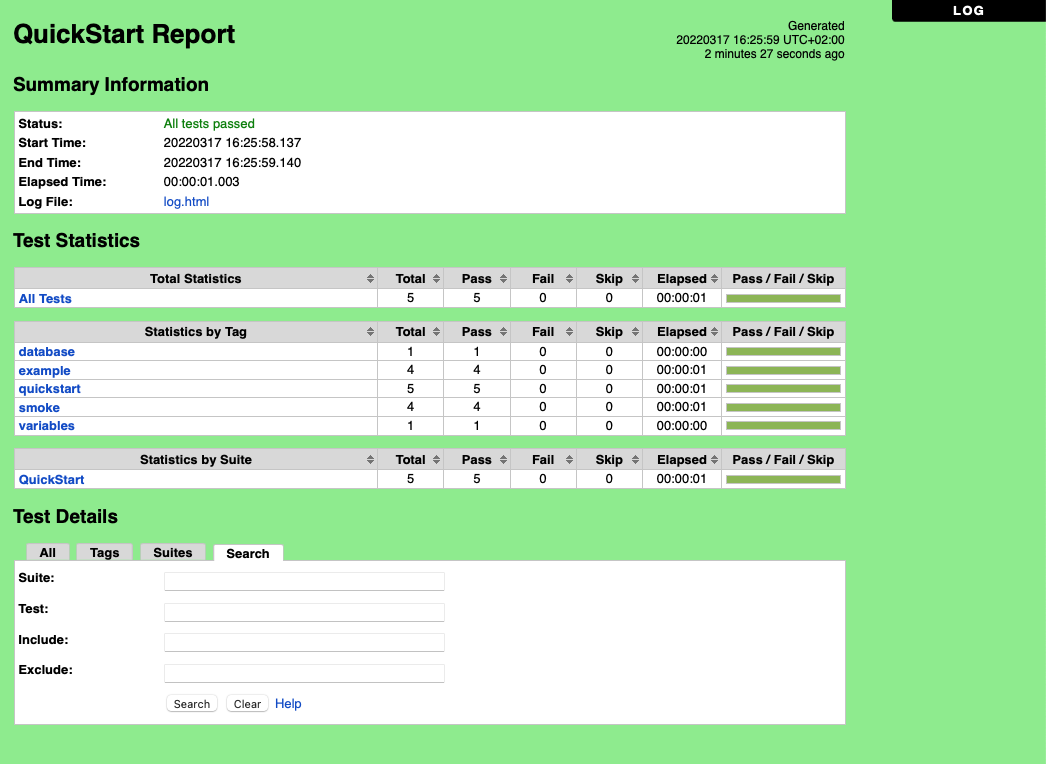
- #Python standard library 2.7.9 how to
- #Python standard library 2.7.9 install
- #Python standard library 2.7.9 Patch
- #Python standard library 2.7.9 code
notebook(secure=True) still does not run. But the above tup() problem is still there, for sure, i.e.

#Python standard library 2.7.9 install
The thing on OSX - and indeed it works, thus I was able to install pyopenssl on OSX.
#Python standard library 2.7.9 how to
While I am at it, tells of a workaround on how to install It looks like it never worked on recent OSX, as tup() calls certtools, which on OSX is a completely different beast from Linux's one. (I recall long time ago somebody was trying to run a server under MacOS X, but gave up IIRC.) I was also wondering whether anybody needs/uses PyOpenSSL/a (secure) notebook server on MacOS X at all. If it didn't build before, then it's no regression. Well, I don't even know if pyopenssl builds on OSX with Python 2.7.8 in Sage.
#Python standard library 2.7.9 Patch
To enable this mechanism in earlier versions, patch ssl.matchhostname with a custom or back-ported function. In particular, the class SSLContext() is available and could be used instead of relyingĭoes for example our old PyOpenSSL build with the same Python? Note also that this functionality was not built into Python standard library until (2.7.9, 3.2). The library contains built-in modules (written in C) that provide access to system functionality such as file I/O that would otherwise be inaccessible to Python. Many enhancements of the Python 3 ssl module have been backported to Python 2.7.9. google finds: Avoid dependency on pyOpenSSL when using Python 2.7.9


Perhaps with 2.7.9 pyopenssl is obsolete? e.g. This Python tutorial is for beginners and intermediate learners who are looking to master in Python programming.Experienced Python programmers also can refer this tutorial to brush-up their Python 3 programming skills. Here in this blog post Coding compiler sharing a Python 3 standard library tutorial for beginners.
#Python standard library 2.7.9 code
System/Library/Frameworks/amework/Headers/SecTransform.h:612:8: error: unknown type name 'SecMessageBlock'Įrror: command 'gcc' failed with exit status 1Ĭommand "/usr/local/src/sage/sage/local/bin/python -c "import setuptools, tokenize _file_='/private/var/folders/v8/mh06bfhd4j18mgftw8818gxw0000gp/T/pip-build-sVMlYI/cryptography/setup.py' exec(compile(getattr(tokenize, 'open', open)(_file_).read().replace('\r\n', '\n'), _file_, 'exec'))" install -record /var/folders/v8/mh06bfhd4j18mgftw8818gxw0000gp/T/pip-iZFMxa-record/install-record.txt -single-version-externally-managed -compile" failed with error code 1 in /private/var/folders/v8/mh06bfhd4j18mgftw8818gxw0000gp/T/pip-build-sVMlYI/cryptography The Python Standard Library Python 3 Standard Library Tutorial With Examples. The Python Standard Library is a large built-in library of modules that is part of Python and is always available to your Python programs. Typedef void (^SecMessageBlock)(CFTypeRef message, CFErrorRef error, Python Standard Library introduction Martin McBride, Tags python standard library Categories python standard library. System/Library/Frameworks/amework/Headers/SecTransform.h:579:15: error: expected identifier or '(' before '^' token In file included from /System/Library/Frameworks/amework/Headers/SecDigestTransform.h:28:0,įrom src/cryptography/hazmat/bindings/_pycache_/_Cryptography_cffi_2a871178xb3816a41.c:236: Gcc -fno-strict-aliasing -g -O2 -DNDEBUG -g -fwrapv -O3 -Wall -I/usr/local/src/sage/sage/local/include/python2.7 -c src/cryptography/hazmat/bindings/_pycache_/_Cryptography_cffi_2a871178xb3816a41.c -o build/temp.macosx-10.9-x86_64-2.7/src/cryptography/hazmat/bindings/_pycache_/_Cryptography_cffi_2a871178xb3816a41.o Was refactored into individual libraries.On OSX I cannot install pyopenssl (it does work on Linux though), it ends with some weird error:īuilding '_Cryptography_cffi_2a871178xb3816a41' extension This is a snapshot of the old code before it We have replaced all of the libraries that use this repo with CircuitPython libraries that are Python3 compatible, and support a wide variety of single board/linux computers!ĬircuitPython has support for almost 200 different drivers, and a as well as FT232H support for Mac/Win/Linux! But I need the old code! What can I do?ĭon't worry the old Adafruit Raspberry-Pi Python code can be found in the This library has been deprecated in favor of our python3 Blinka library. Where do I find the new Raspberry Pi Python code?Īll of the Python libraries now support Python 3.x and a wide variety of Linux/Single Board Computers.

It's recommended to install from source). So they can be installed with pip (note that pip won't install example code so for most users Loaded all of these repositories on the Python package index Now we've broken outĪll of the previous Python code into individual GitHub repositories, and we've The code on Python's package index for simple installation. Over time we found itĭifficult to manage so much code in a single repository, and couldn't easily put TCS34725, and other hardware like character LCD plates. For example code to talk to sensors like the BMP085, In the past this repository held all of the Raspberry Pi related Python code Adafruit's Legacy Raspberry Pi Python Code Library What happened to all the Raspberry Pi Python code!?


 0 kommentar(er)
0 kommentar(er)
